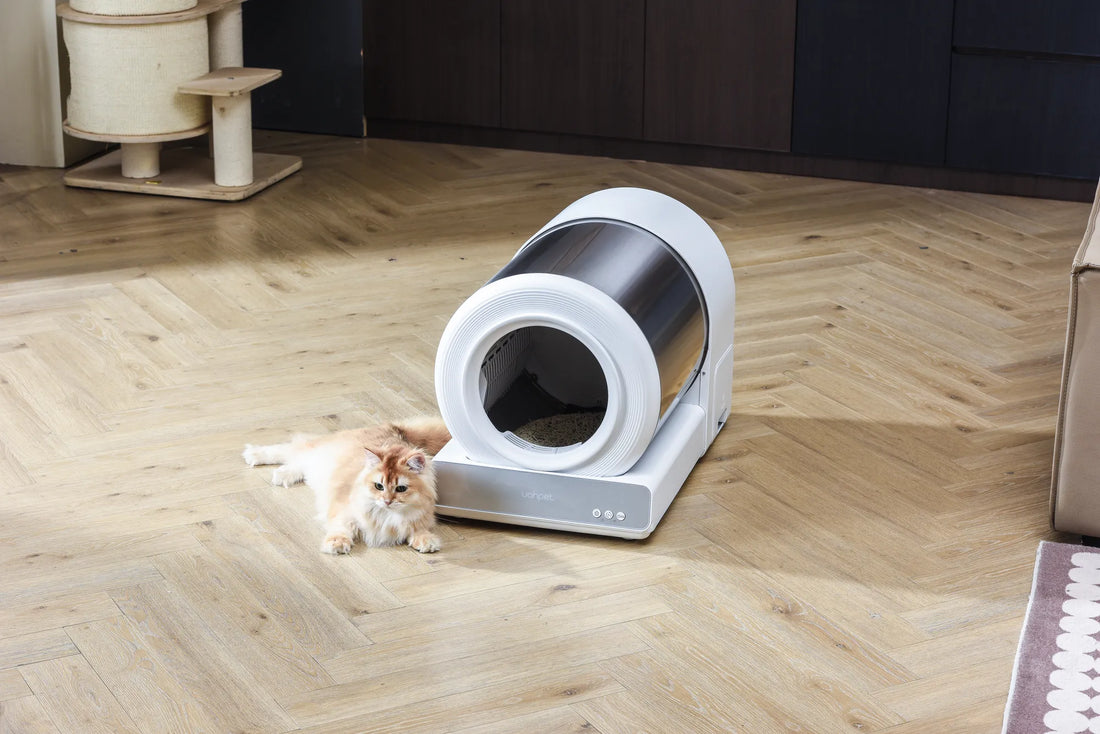If you've ever caught your dog munching on cat poop from the litter box, you're not alone. This behavior, known as coprophagia, is more common than you might think. While it may seem gross and puzzling, there are several reasons why dogs engage in this habit. Understanding the underlying causes can help you take steps to prevent it and ensure your pet's health and well-being.
Understanding Coprophagia in Dogs
Coprophagia, or the consumption of feces, is a behavior observed in many animals, including dogs. While it may be unsettling for pet owners, it's essential to recognize that this behavior can stem from various factors. Dogs are naturally curious creatures, and their scavenging instincts can sometimes lead them to explore and consume things that humans find repulsive.
Nutritional Deficiencies
One of the primary reasons dogs eat cat poop is due to nutritional deficiencies. If your dog's diet lacks essential nutrients, they may seek out alternative sources to fulfill their dietary needs. Cat food, for instance, is often higher in protein and fat compared to dog food, making cat feces an appealing snack for your dog. Ensuring your dog receives a balanced and nutritious diet can help curb this behavior.
Behavioral Issues
Behavioral factors can also play a significant role in coprophagia. Dogs that are bored, anxious, or stressed may resort to eating feces as a way to cope with their emotions. Providing mental stimulation, regular exercise, and a comfortable environment can help alleviate these issues and reduce the likelihood of your dog engaging in this behavior.
Instinctual Behavior
In some cases, coprophagia can be traced back to a dog's natural instincts. In the wild, dogs and their ancestors would consume feces to keep their living areas clean and free from parasites. While domesticated dogs don't face the same challenges, this instinctual behavior can still manifest, especially in multi-pet households where litter boxes are accessible.
Medical Conditions
Certain medical conditions can also lead to coprophagia in dogs. Conditions such as malabsorption syndromes, pancreatic insufficiency, and other gastrointestinal issues can cause dogs to seek out feces as a source of nutrients. If you suspect that your dog's behavior is linked to a medical problem, it's crucial to consult with a veterinarian for a proper diagnosis and treatment plan.
Preventing Coprophagia
Preventing your dog from eating cat poop requires a multi-faceted approach. Here are some strategies to consider:
- Dietary Adjustments: Ensure your dog is receiving a balanced diet that meets all their nutritional needs.
- Environmental Management: Keep the litter box out of your dog's reach by placing it in a location that's accessible only to your cat.
- Behavioral Training: Use positive reinforcement to teach your dog to avoid the litter box and reward them for good behavior.
- Regular Exercise: Provide your dog with plenty of physical activity to reduce boredom and stress.
- Veterinary Consultation: If the behavior persists, seek advice from a veterinarian to rule out any underlying medical conditions.
Health Risks Associated with Coprophagia
While coprophagia itself is not inherently dangerous, it can pose health risks to your dog. Consuming cat feces can expose your dog to harmful bacteria, parasites, and toxins. Regular deworming and maintaining good hygiene practices can help mitigate these risks. Additionally, monitoring your dog's health and seeking veterinary care when necessary is essential to ensure their well-being.
Conclusion
Understanding why your dog is eating cat poop out of the litter box is the first step toward addressing this behavior. Whether it's due to nutritional deficiencies, behavioral issues, instinctual behavior, or medical conditions, there are various strategies you can implement to prevent coprophagia. By taking a proactive approach and seeking professional advice when needed, you can help your dog lead a healthier and happier life.
If you're concerned about your dog's behavior, don't hesitate to reach out to a veterinarian for guidance. With the right interventions, you can put an end to this unpleasant habit and ensure your pet's well-being. Remember, a healthy and happy dog is a joy to have around, and addressing issues like coprophagia is an essential part of responsible pet ownership.













